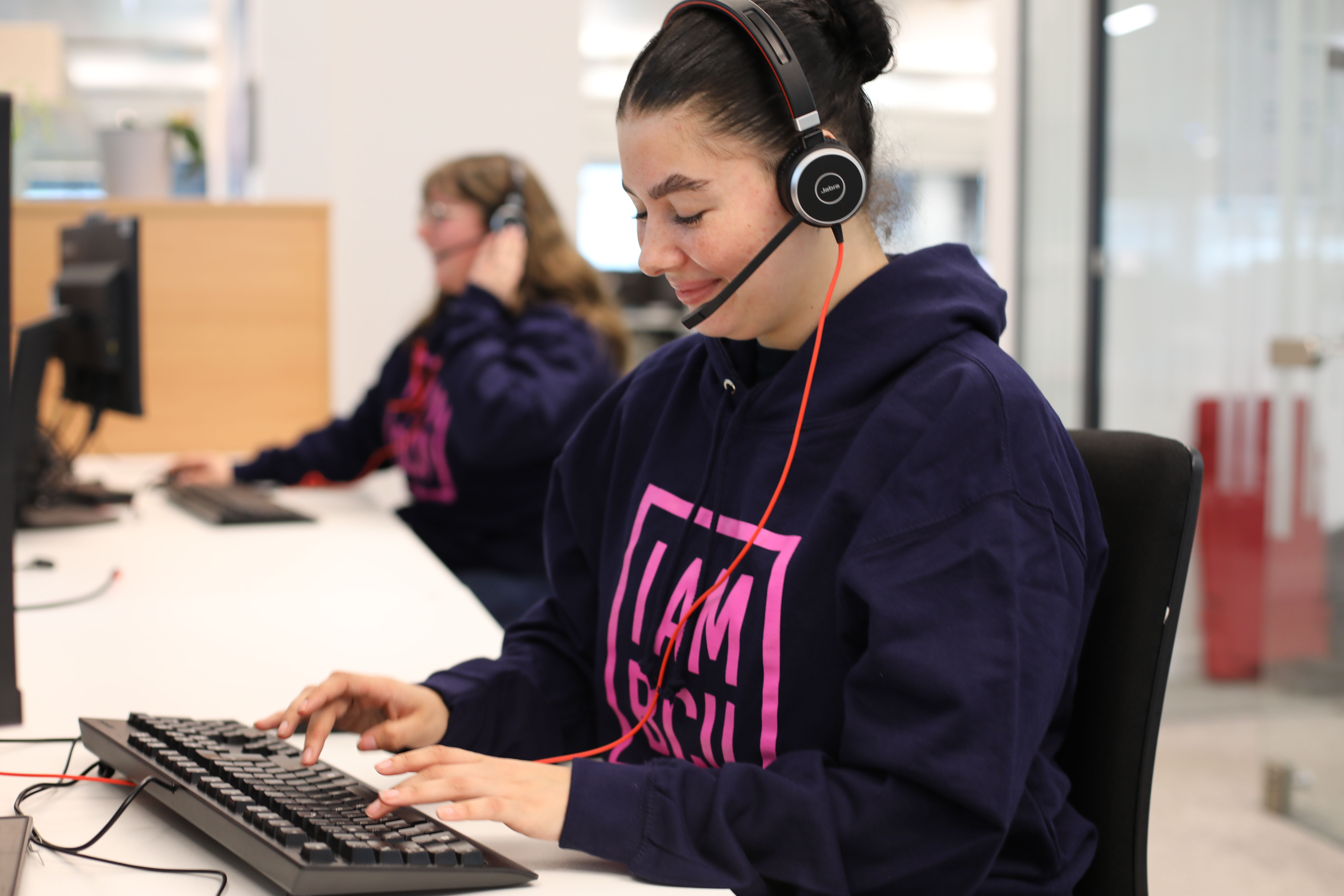What is a lecture?
If you’re thinking about starting university, you’re probably wondering what studying will look like – aside from thinking about all the fun you’ll be having! Don’t know your lecture from your seminar? Want to know what to expect? Find out more about the type of lessons you’ll be undertaking when you start your course.
What is a university lecture?
A university lecture is a session where students listen to a lecturer, who talks through a particular topic. Lectures can be led in large groups, or small groups, and often take place in lecture theatres.
Lectures are a useful way to introduce modules, and they often inform your studies, leading you on to further reading. The pace of delivery can be fairly quick, so make sure to pay attention and take notes – although, you won’t need to write everything down!
What do you do in a lecture?
Your role as the student will be to listen and digest the information that is being presented by the lecturer. There may be an opportunity to ask questions, but generally, the session is formal, with the lecturer speaking, and students listening. Note-taking throughout lectures is essential, allowing you to digest the information shared, and reminding you of the key themes discussed. Lecturers may share a PowerPoint or online document of their talk after the session is completed.
What I do need to bring to a lecture?
The key to a lecture is listening and taking notes. Some students prefer the traditional method of a pen and notepad, while others bring a laptop to write notes. Some students even bring audio recording equipment, however, you should check with your lecturer on whether they are comfortable with you recording the session. The choice is yours!
What is a university seminar?
A university seminar is closer to what you will have experienced in a typical school lesson. Students are split into smaller groups, varying in size depending on how many students are studying that particular module. The format of a seminar can vary greatly depending on the subject but generally revolve around exercises, group activities, practical study, or debates.
What do you do in a seminar?
Seminar activity varies greatly depending on the module and your course. Generally, seminars take a deeper dive into the module subject than a lecture, allowing you to explore the topic in more detail.
Some seminars expand directly on the week’s module lecture, and give you the chance to test and explore the theme and teachings of the lecture in smaller groups, through activities, exercises and more interactive study.
Other seminars work on developing practical skills or take place in a more practical setting. These sessions may also be called workshops. Aside from regular classroom teaching, you may have seminars that take place in studios, workshops or labs.
What do I need to bring to a seminar?
Some seminars will require prior reading, investigation or evaluation of a text. Make sure you complete any work set beforehand to be able to engage in the session.
Make sure you bring the practical means required in order to complete the work. What this will involve depends on your subject, but generally, this will be your laptop or notepad. If you are required to bring any specialist equipment to a seminar, your seminar leader will let you know beforehand.
How do I make the most of my lectures?
Our students have sat through 100s of lectures, so they're the experts on concentrating, taking notes and absorbing the information from your lecture.

